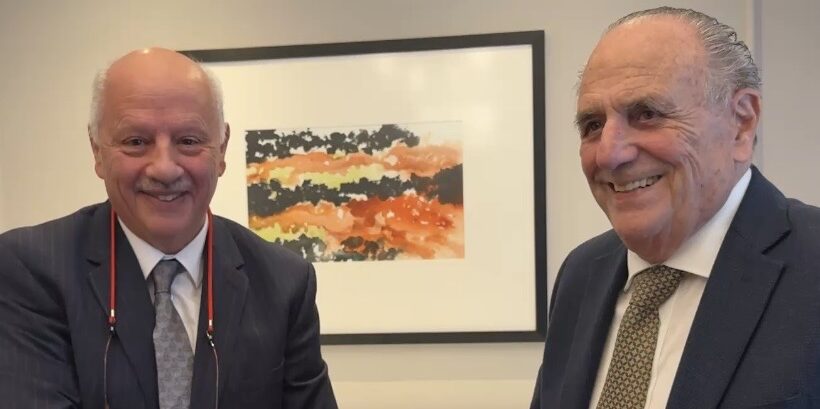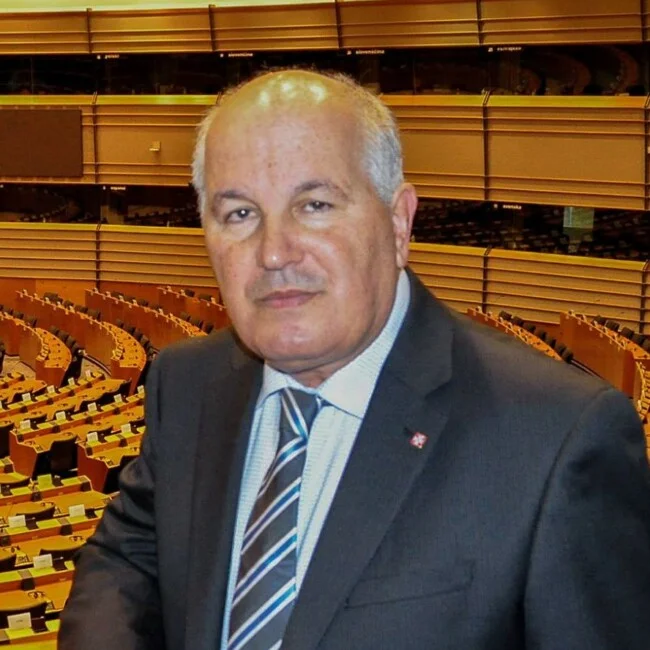As artificial intelligence (AI) continues to evolve, its impact on the job market is becoming harder to ignore. Earlier this month, the Malta Business Network hosted a panel discussion on AI’s role in shaping the future of work in Malta, bringing together industry leaders and policymakers to discuss how technological advancements, economic uncertainty, and demographic shifts will reshape the workforce over the next decade.
Moderated by Fabianne Ruggier, a business growth advisor, the session kicked off with insights from the World Economic Forum’s Future of Jobs Report 2025, which predicts that by 2030, 22 per cent of jobs will be disrupted by AI. The report also highlights a net increase of 78 million jobs worldwide, with 170 million new roles created and 92 million displaced – showing that while AI will eliminate some positions, it will also create opportunities.
The panel featured Joseph Sultana, Founder of Infomate Group; Janos Barberis, Co-Founder of Supercharger Ventures and an international speaker on AI and policy; and Ruth DeBrincat, Senior Director at the National Skills Council. Each offered unique perspectives on the evolving job landscape and the challenges and opportunities AI presents.
Mr Barberis addressed the disruptive nature of AI, predicting that 99 per cent of jobs as they exist today could be replaced or drastically altered within the next 20 years. However, he emphasised that the transformation won’t just come from AI replacing people – it will also come from people using AI replacing those who don’t.
“Companies without a clear AI strategy risk becoming irrelevant,” Mr Barberis warned, comparing this shift to the historic transition from horse-drawn carriages to cars. Businesses must anticipate and embrace change rather than resist it.
Mr Sultana stressed the urgent need for reskilling, advocating for collaboration between employers and the state to facilitate large-scale workforce adaptation. “We cannot wish AI away. The key is to collaborate between employers and the state to facilitate reskilling on a large scale to adapt to this new reality,” Mr Sultana said.
Ms DeBrincat echoed this sentiment, sharing how the National Skills Council is working to bridge the gap between education and industry. She championed lifelong and life-wide learning, urging the inclusion of non-formal education to equip individuals with the skills needed for emerging careers.
Highlighting a recent survey of 15-year-olds, Ms DeBrincat noted that many students are increasingly drawn to non-traditional career paths, underscoring the importance of diverse and adaptable career guidance.
The panel concluded with a call for greater collaboration between businesses, educators, and policymakers to keep Malta’s workforce competitive and agile. Ms DeBrincat announced a workshop on 5th March 2025, inviting business leaders to help shape policies addressing skills shortages and future workforce needs.
As the Malta Business Network’s membership continues to grow, from 203 members in 2024 to a projected 500 by the end of 2025, the organisation remains a key platform for fostering dialogue between business professionals and industry leaders.
‘A real honour’ – Co-Founder of Bracket on securing Malta Venture Capital fund investment
The company has recently raised $7 million in seed funding.
Sean Gravina calls for ‘breathing space’ for Malta’s catering industry
His words come at a time where the industry is facing rising costs and tax concerns.
Corinthia and University of Malta launch Alfred Pisani PhD Scholarship
It aims to advance sustainable tourism research.
Gozo’s tourism success must not come at the cost of its identity, GTA Chairman warns
The Chairman acknowledged the positive performance achieved in 2025 but stressed that growth must be balanced with preservation.









